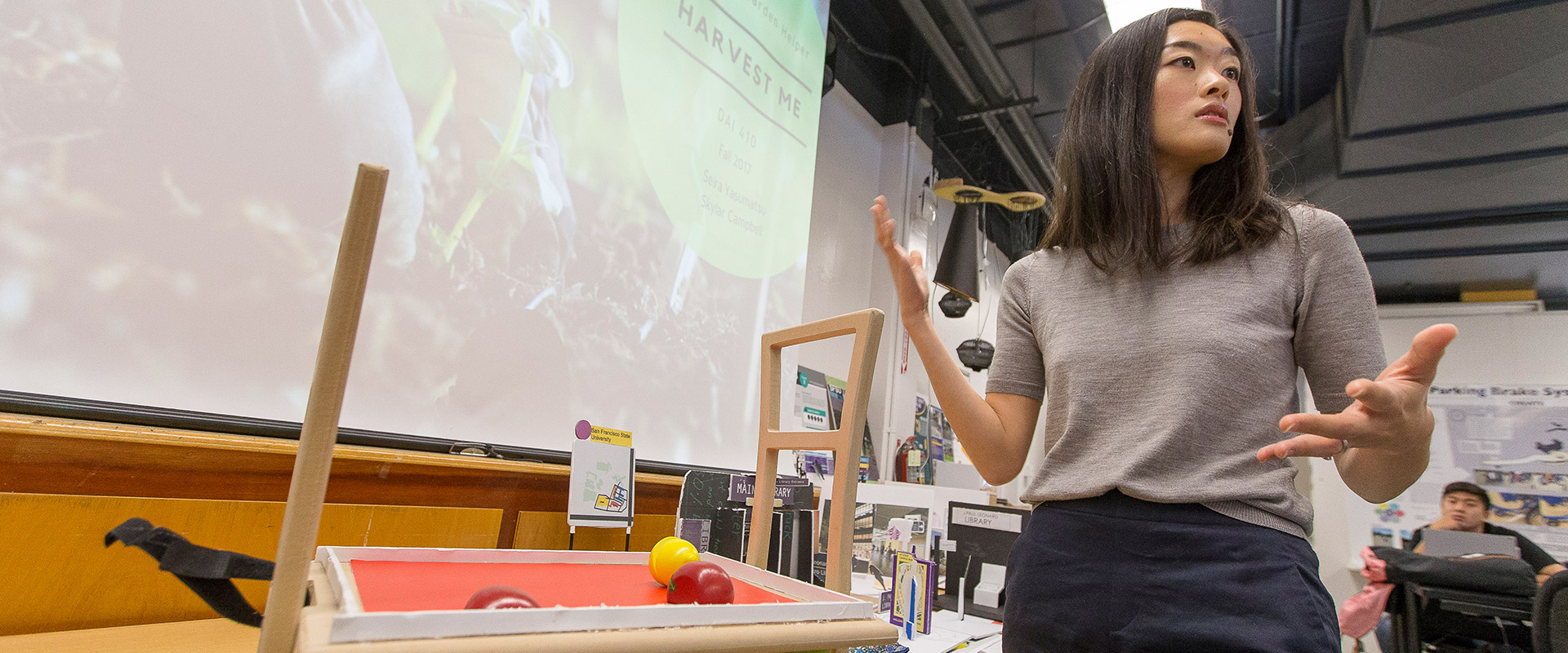The Dietetic Internship Program at SFSU combines supervised practice with graduate-level coursework to prepare you for a career as a registered dietitian nutritionist. You’ll complete more than 1,000 hours of practice in hospitals, long-term care facilities, outpatient clinics and community programs across the Bay Area. For interns who do not already hold a graduate degree, the program is paired with SFSU’s M.A. in Family & Consumer Sciences.
The internship is full time and offers individualized rotations based on your interests, strengths and experience. You’ll gain training in clinical nutrition, community nutrition and food service management while working with diverse populations in San Francisco, Alameda, Marin, Contra Costa, San Mateo and Sonoma counties. Learn more about the Dietetic Internship Program.
Class Schedule
Spring 2026
| Course | Title | Class Number | Meeting and Location | Term | Fee | Refund Code |
|---|---|---|---|---|---|---|
| NUTR 785 [01Z] | Seminar in Medical Nutrition Therapy | 8350 | 1/26/26 - 5/22/26. (Online) ; Mon, 1/26/26 - 5/22/26 1:00 PM - 4:00 PM - BH 407 (BH 407) | Spring 2026 | $1905 | CEL_ACSL |
| NUTR 881 [01Z] | Internship in Dietetics | 8349 | 1/26/26 - 5/22/26. (Online) ; Mon, 1/26/26 - 5/22/26 9:00 AM - 12:00 PM - BH 407 (BH 407) | Spring 2026 | $3810 | CEL_ACSL |
Payment Plan
This program gives you an option to split the cost for one semester into smaller payments.
Contact
Wanda Siu-Chan, Dietetic Internship Program Director
